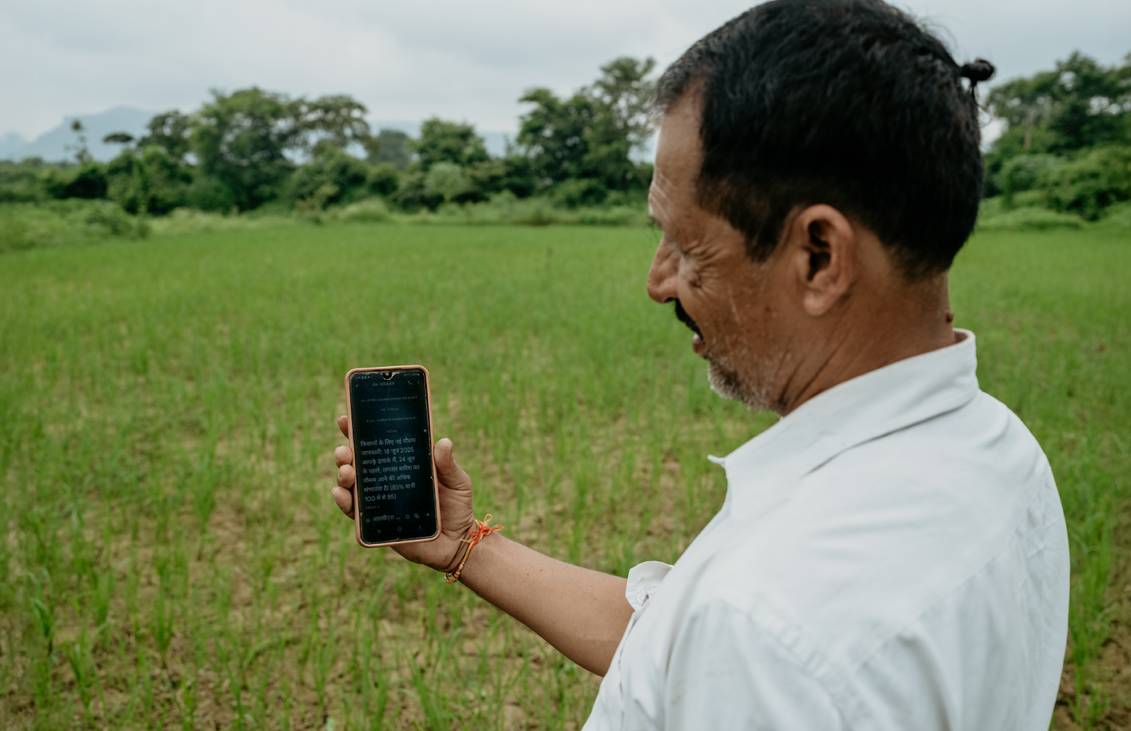AI Steps In to Tackle a Century-Old Challenge
For generations, accurately predicting the arrival of India’s monsoon season has challenged meteorologists, with smallholder farmers often left guessing when to plant. In 2025, a partnership between The University of Chicago and Google Research marked a breakthrough: AI-powered forecasts, delivered via SMS, reached 38 million farmers across India, providing timely and localized predictions of the monsoon’s onset.
NeuralGCM: Bridging Physics and Machine Learning

The core technology behind this initiative is NeuralGCM, a model developed by Google Research that combines traditional physics-based approaches with modern machine learning. Unlike older models that relied solely on hard-coded rules and needed supercomputer resources, NeuralGCM is trained on decades of historical weather data, allowing it to infer complex patterns and learn from past monsoon behavior. Its flexible design means it can run on a standard laptop, expanding access to high-quality climate forecasting.
Rigorous Testing and Real-World Results
The University of Chicago’s Human-Centered Weather Forecasts Initiative evaluated several AI models, including NeuralGCM and the European Centre for Medium-Range Weather Forecasts’ Artificial Intelligence/Integrated Forecasting System (AIFS). By blending these models with historical data, the team achieved high-accuracy monsoon onset predictions up to a month in advance. Notably, the AI system successfully forecasted an unusual dry spell during the 2025 monsoon progression, outperforming traditional methods.
Direct Impact for Millions of Farmers
In partnership with the Indian Ministry of Agriculture and Farmers’ Welfare, tailored and advanced forecasts were sent via SMS to 38 million Indian farmers in summer 2025. These alerts enabled recipients to make critical decisions: when to plant, whether to buy more seeds, switch crops, or delay sowing. The system proved especially valuable during an unusually delayed monsoon, allowing farmers to adapt proactively.
Economic Gains and Climate Resilience
Research from the University of Chicago indicates that accurate, early forecasts can nearly double annual incomes for smallholder farmers by aligning agricultural activities with expected weather. This initiative demonstrates how foundational AI models like NeuralGCM can translate academic research into meaningful, real-world benefits, boosting resilience for communities facing climate uncertainty.
